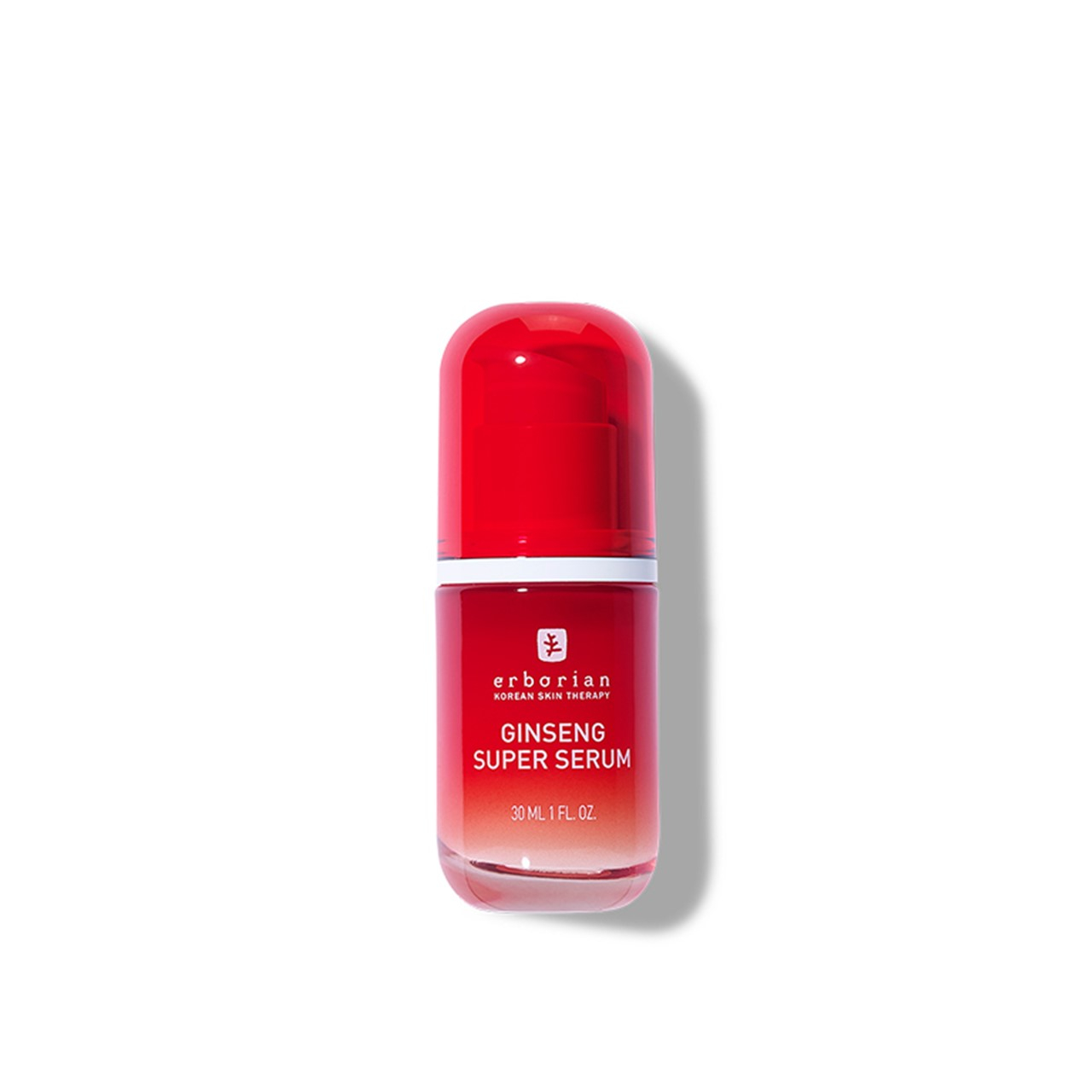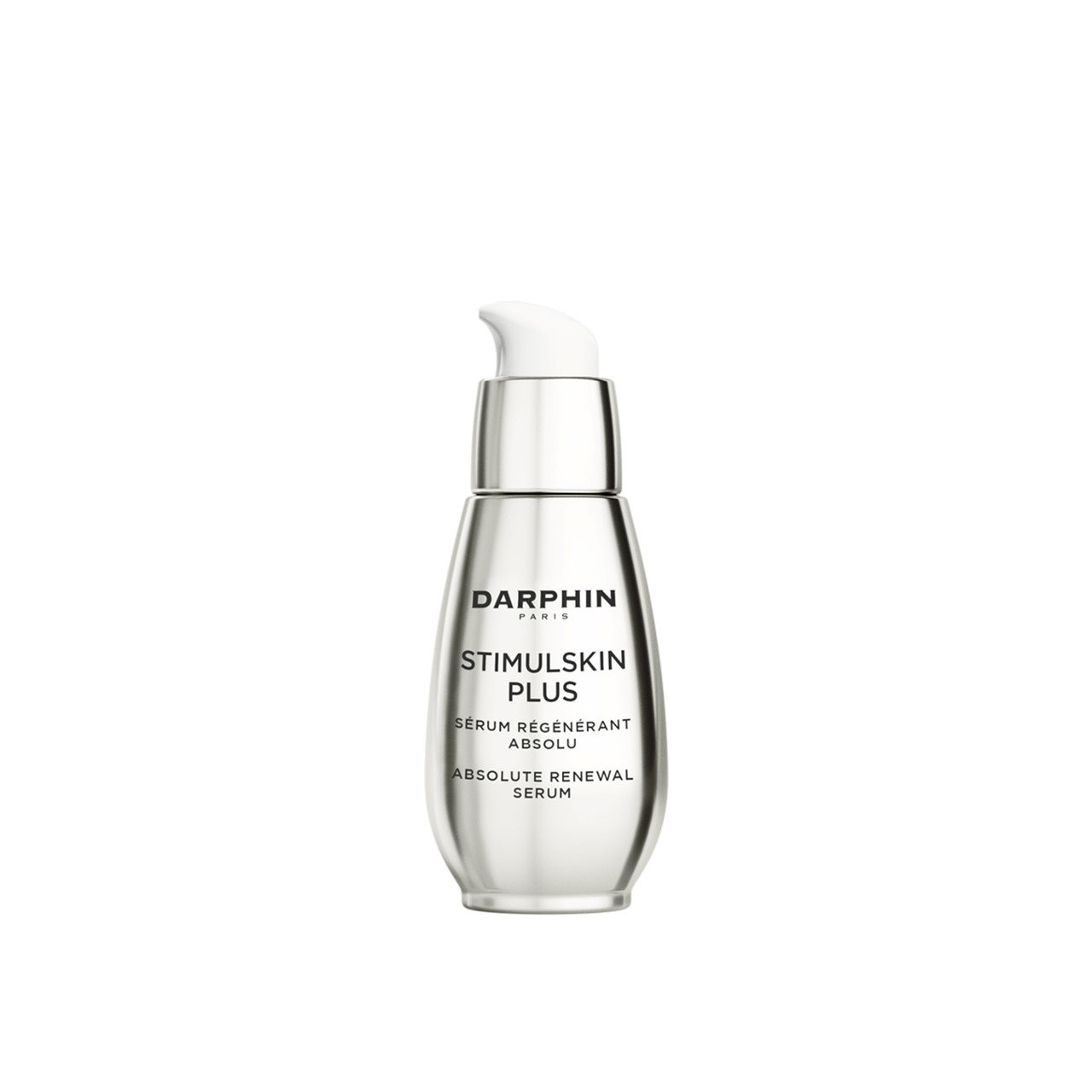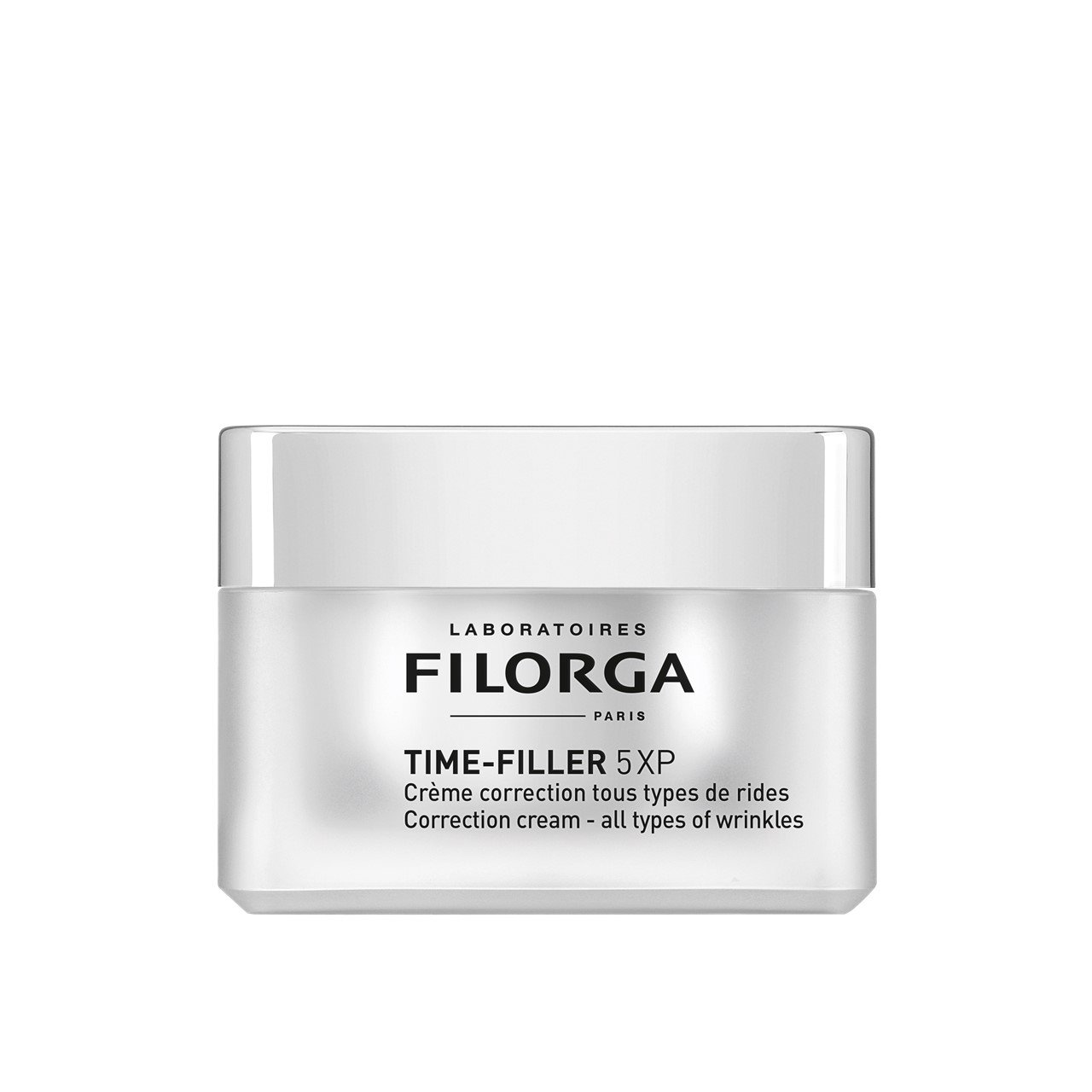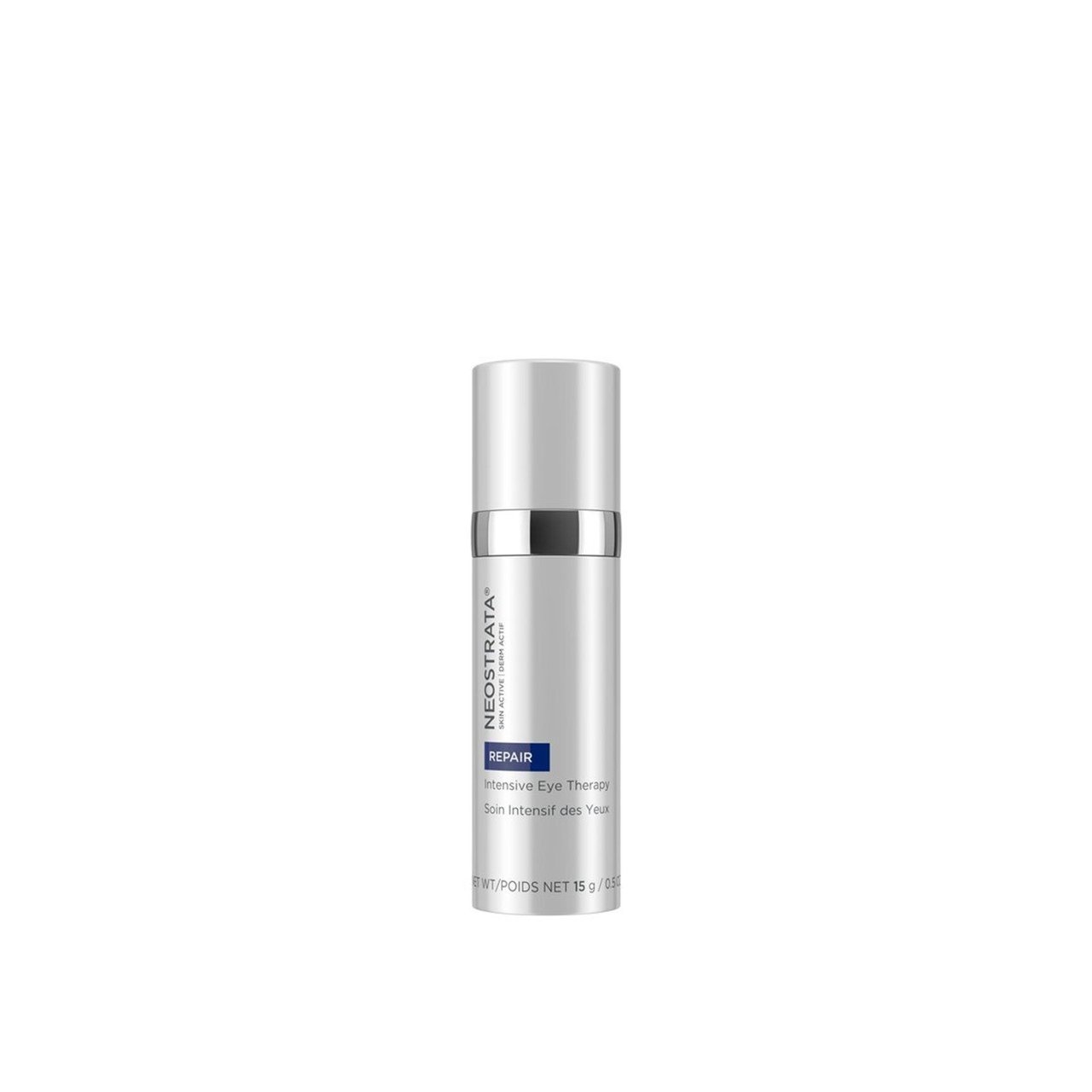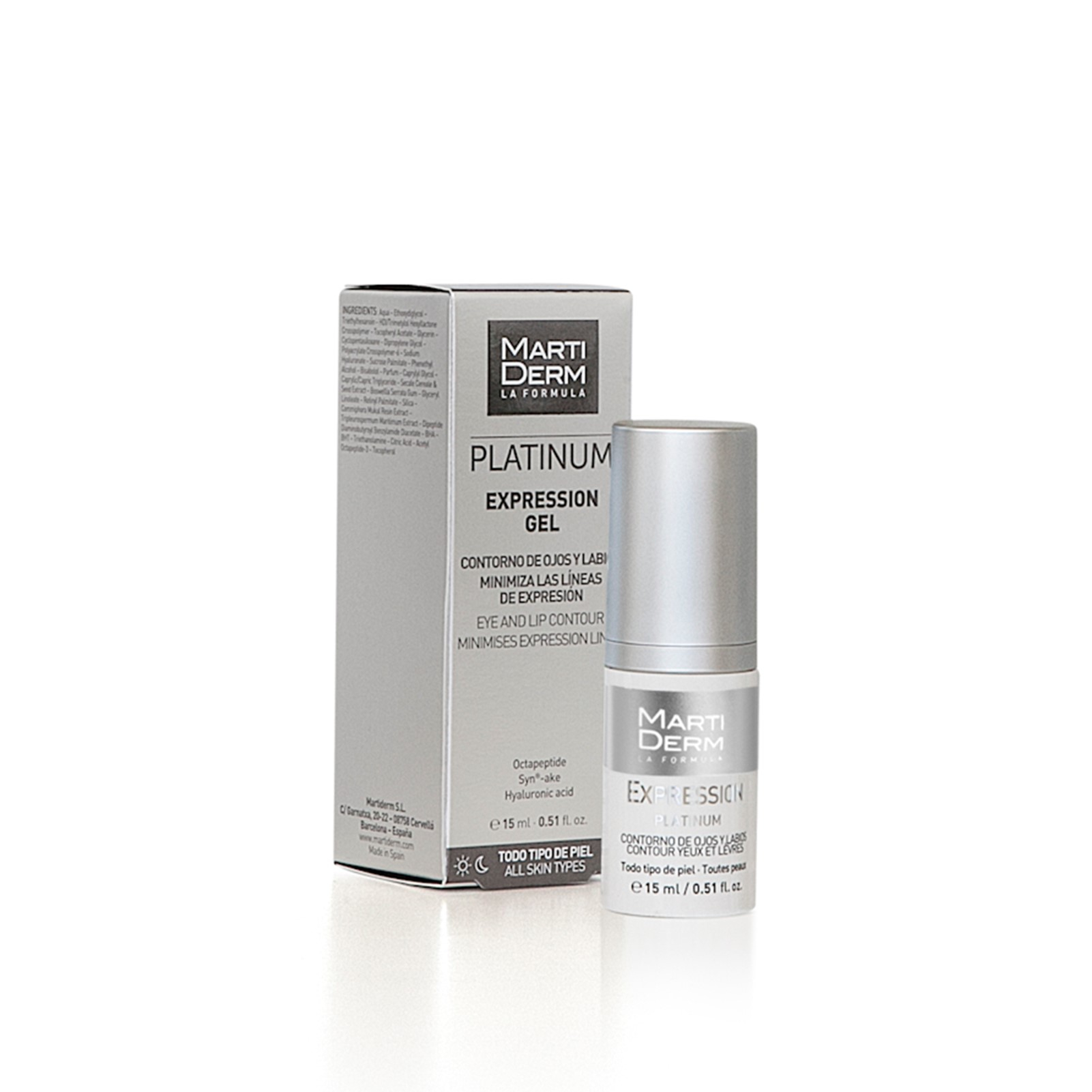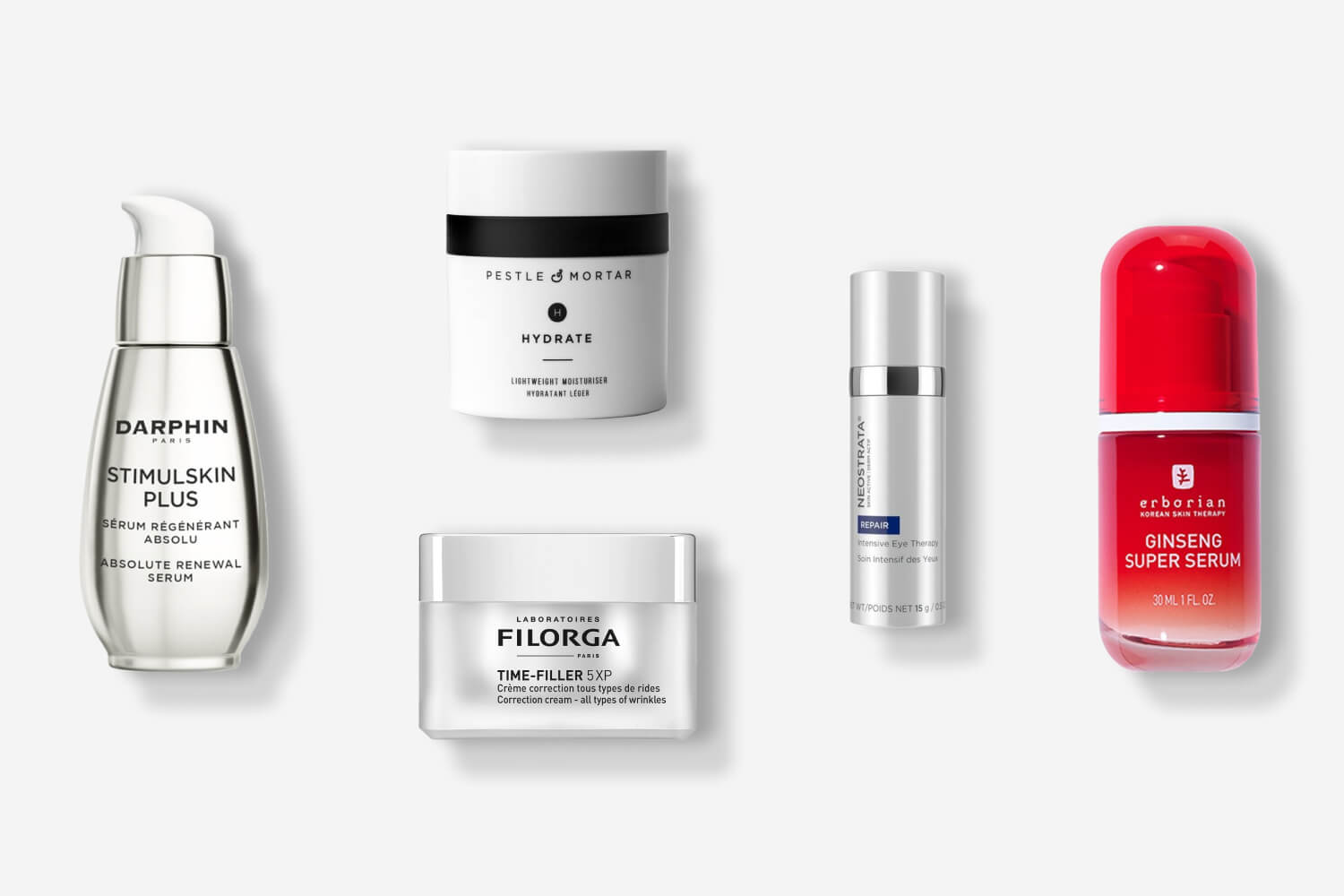
Peptides are increasingly popular skincare ingredients, due to their moisturizing and anti-aging benefits. Studies on this group of ingredients have been promising, but there’s still a lot to explore about peptides. If you want to get a headstart and learn more about this innovative group of ingredients, keep reading!
On this post:
- What are peptides?
- How peptides benefit the skin
- Potential side effects of peptides
- Who should use peptides?
- How to use peptides in your skincare routine
- What kind of products contain peptides?
What are peptides?
Peptides are short chains of amino acids. And what are amino acids, you ask? Amino acids are molecules that combine to form proteins (in short, they are the “building blocks” of proteins). Your skin needs specific proteins to maintain its integrity and structure–think collagen and elastin, for example–, and that’s where peptides come into your skincare routine. By penetrating into the skin, peptides can stimulate the production of collagen and elastin, and therefore promote firmer, more elastic skin.
There are many different types of peptides, all of which are formed from different combinations of amino acids. Some of them are even naturally present in the skin, and they tend to have a primarily moisturizing action.
In recent years, however, the skincare industry has focused on developing “designer peptides” that combine multiple benefits–including, most importantly, a powerful anti-aging action. The first “designer peptide”, Matrixyl™ (aka Palmitoyl Pentapeptide-4), is often hauled as the most revolutionary cosmetic ingredient of the last 20 years.
Types of peptides
According to a 2021 review, “generally, cosmetic peptides are categorized as carrier peptides, neurotransmitter-affecting peptides, enzyme inhibitor peptides and signal peptides.” They all do different things with varying degrees of efficacy, like so:
- Carrier peptides facilitate the transportation of important substances inside skin cells;
- Neurotransmitter-affecting peptides target expression wrinkles by inhibiting neurotransmitter release;
- Enzyme inhibitor peptides reduce the activity of enzymes that have a role in skin aging;
- Signal peptides stimulate collagen and elastin production.
Signal peptides are the most commonly used in skincare, while enzyme inhibitor peptides are the least. As you can see, all of these peptides work in different ways, but they contribute to one general anti-aging goal (by increasing skin thickness and elasticity, reducing wrinkles, and increasing collagen and elastin production).
How peptides benefit the skin
According to a 2021 review, “peptides are becoming interesting cosmetic ingredients with the functions to reduce premature skin aging, improve the barrier function of skin, moisturize the skin, protect it from UV damage, and anti-inflammatory properties that alleviate acne and irritation.”
When coming across peptides in the wild, though, you will most likely find them included in anti-aging formulations. Let’s focus on that!
They provide an anti-aging action
As mentioned earlier, peptides are primarily used in skincare for their anti-aging action. By penetrating the skin and stimulating the production of collagen and elastin, peptides can help the skin retain its firmness and elasticity for longer.
The benefits sound similar to those of retinol, which may prompt you to ask: are peptides better than retinol? Well, that’s complicated. Retinol has a double reputation to beat: it’s the gold standard anti-aging ingredient, and one of the most studied skincare actives out there. Peptides aren’t as widely studied, and they don’t necessarily target signs of aging through the same mechanisms as retinol. You can definitely consider using both ingredients in your skincare routine.
One instance where peptides may be “better” than retinol is when dealing with sensitive skin. Studies have shown that peptides are nowhere near as drying to the skin as retinol, nor as they as harsh on the skin barrier; in fact, they actually improve the skin barrier function! If your skin is dry, sensitive, or just retinol-averse for some reason, you can definitely look into using peptides as your main anti-aging active.
Potential side effects of peptides
Generally speaking, peptides are unlikely to trigger side effects. However, as with all skincare ingredients, instances of skin sensitivity, itching, or irritation may occur. In order to prevent this, make sure to always patch test your skincare before use.
Keep in mind that peptides are often used as anti-aging ingredients, so they may be included in skincare formulas where other anti-aging actives are also present. If your skin tends to react badly to some anti-aging ingredients, make sure they’re not in the peptide-infused formula you’re about to try.
Peptides and sun exposure
Peptides are not photosensitizing, so they will not make your skin more sensitive to sunlight. You can use them in your skincare routine all year round, rain or shine.
Here’s the deal, though: peptides are anti-aging actives, and UV radiation is a major contributing factor to skin aging. If you’re putting all your effort into an anti-aging skincare routine that works for you, make sure to complement it with a very high protection sunscreen to keep your skin protected throughout the day.
Peptides and pregnancy
Peptides are considered generally safe for use during pregnancy. If you’re pregnant and looking to keep up with your anti-aging routine, this is great news: you’ll have to quit the retinol, but you’ll be able to maintain your anti-aging efforts using peptide-infused skincare.
Nonetheless, make sure to check with your doctor or healthcare provider; they’ll be better equipped to help you make informed decisions during your pregnancy.
Who should use peptides?
If you’re looking to target signs of aging, then peptides are probably a good option for your skincare routine. Due to their anti-aging skincare benefits and ability to stimulate the production of collagen and elastin, peptides can help minimize fine lines and wrinkles and promote firmer, more elastic skin.
Studies have shown that peptides are not only effective anti-aging actives: they are also moisturizing and help maintain a healthy skin barrier. Considering these characteristics together, we can see how peptides are very promising anti-aging ingredients for dry or sensitive skin.
Last, but not least, there’s the retinol issue. Some people can’t use retinol, for a variety of reasons; others can, but don’t want to risk using it in the summer. If you’re on the hunt for effective anti-aging skincare that doesn’t feature retinol, then peptides are likely to be the answer you’re looking for.
How to use peptides in your skincare routine
Peptides are present in a variety of products, from day to night creams, from serums to targeted eye treatments. It’s all about mixing and matching to your heart’s content. Unlike other anti-aging actives, which are better suited to evening use, you can use peptide-infused skincare in the morning or evening.
As far as ingredient interactions go, peptides are pretty good team players–with one big exception. They work well with vitamin C, niacinamide, and even retinol, but they should not mix with exfoliating acids (AHAs and BHAs). We told you earlier than peptides are short chains of amino acids; exfoliating acids can break down these chains and compromise the effectiveness of the peptides in your skincare. The stronger the acids, the more likely this is to happen.
You have two ways out of this conundrum: you can use your peptides in the morning and your acids in the evening, for example, or you can opt for low-concentration exfoliating acids.
What kind of products contain peptides?
Because peptides are powerful anti-aging ingredients, they are present in a variety of products. We’re going to show you a few serums, moisturizers, and eye creams:
Peptide serums
Serums are the superpowered products of the skincare world, so they’re a likely candidate in which to include peptides. We’ve chosen two serums we like:
The Erborian Ginseng Super Serum is an anti-aging serum that reduces the appearance of lines and wrinkles thanks to an unique combination of ginseng extracts and, of course, a peptide. This formula contains Palmitoyl Pentapeptide-4 (aka Matrixyl™ or Pal-KTTKS), a promising peptide that has been shown to reduce fine lines, wrinkles, and improve skin texture.
Our second suggestion is the Darphin Stimulskin Plus Absolute Renewal Serum, a serum that’s often touted for its “push-up” effect on the skin. Especially designed for skin that’s struggling with loss of firmness and elasticity, this serum combines sea emerald extract with two peptides: Palmitoyl Oligopeptide and Acetyl Hexapeptide-8 (aka Argireline).
Peptide moisturizers
If a serum doesn’t quite cut it for you, you may want to try something slightly more hydrating. A moisturizer can be a great way to incorporate the benefits of peptides into your skincare routine. We’ve got two ideas:
The Filorga Time-Filler 5XP Correction Cream is one of our favorite anti-aging creams. Specifically designed for normal to dry skin, this cream targets five different types of wrinkles: expression wrinkles, deep wrinkles, superficial wrinkles, dehydration wrinkles, and neck wrinkles. The formula, inspired by 5 techniques of aesthetic medicine, features Dipeptide Diaminobutyroyl Benzylamide Diacetate (aka Syn-Ake), Palmitoyl Tripeptide-1 (aka Pal-GHK), and Palmitoyl Tetrapeptide-7 (aka Pal-GQPR).
You can also opt for the Pestle & Mortar Hydrate Moisturizer, a lightweight moisturizer that prevents and minimizes signs of aging, all the while maintaining the skin’s hydration levels. The key ingredients here are squalane and two peptides: Palmitoyl Tripeptide-5 (aka Syn-Coll) and Palmitoyl Dipeptide-5 Diaminobutyroyl Hydroxythreonine (aka Syn-Tacks).
Peptide eye creams
Peptides can be a great addition to anti-aging eye creams, due to their firming properties. We’ve selected two peptide-infused creams we like:
First up is the NeoStrata Skin Active Repair Intensive Eye Therapy, a global anti-aging care for the eye contour area. With caffeine to promote microcirculation, and peptides (Palmitoyl Oligopeptide and Palmitoyl Tetrapeptide-7) to stimulate collagen production, this formula targets not only dark circles and eye bags, but also fine lines and wrinkles.
Our second eye cream isn’t just an eye cream: it’s so much more. The MartiDerm Platinum Expression Gel Eyes&Lips Contour is an anti-wrinkle gel that targets fine lines and wrinkles around the eyes and lips. The formula contains hyaluronic acid, retinol, and two peptides–Dipeptide Diaminobutyroyl Benzylamide Diacetate (aka Syn-Ake) and Acetyl Octapeptide-3 (aka SNAP-8).
Now that you know all about the benefits that peptides can bring to your skincare routine, you’re ready to ask yourself the question: are you ready to try them out? If so, keep reading: we’ve selected our top 10 skincare products with peptides, and you’re bound to love them as much as we do!
Beauty Writer & Editor


